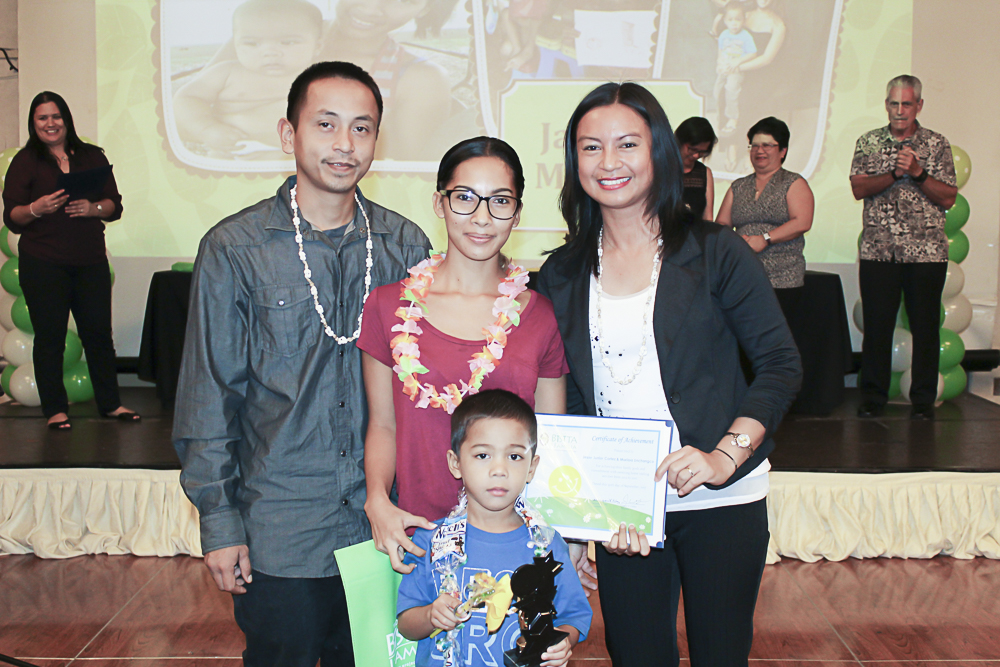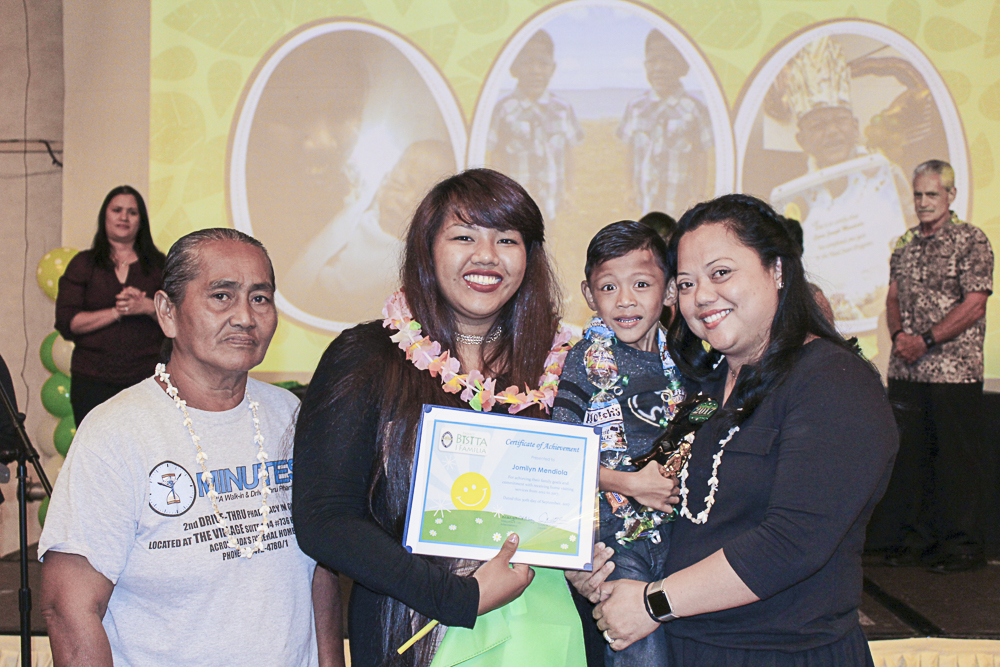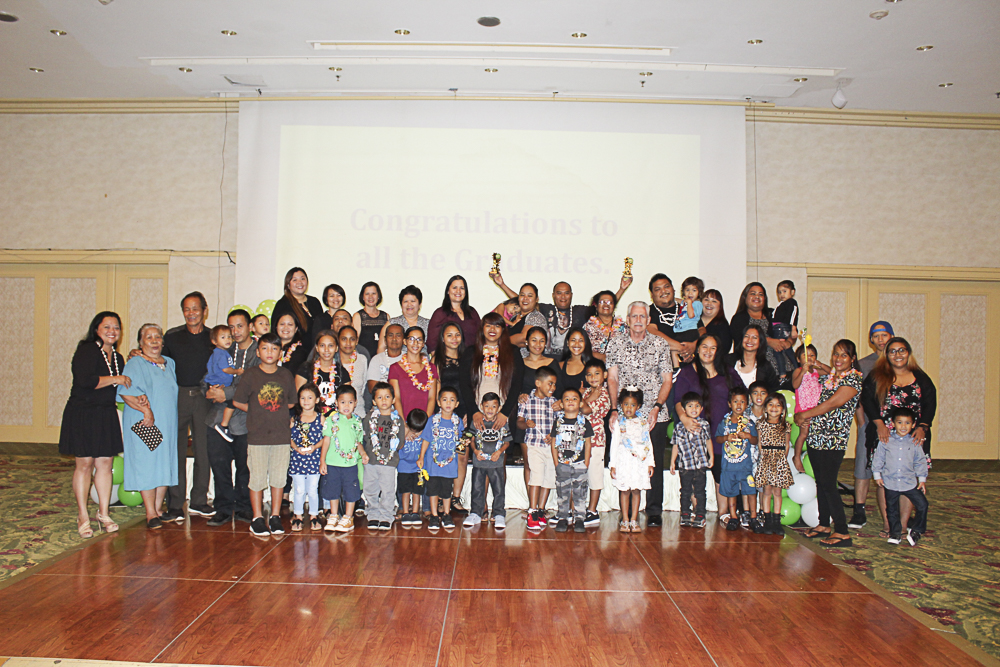
In partnership with the University of Southern California, University Center for Excellence in Developmental Disabilities (USC-UCEDD) and Children’s Hospital Los Angeles (CHLA), Guam CEDDERS facilitated the continuation of the comprehensive autism assessment training to build the capacity of Guam Department of Education (GDOE) providers to identify and assess children with Autism Spectrum Disorder (ASD) symptoms. November 13-17 marked the third and last on-site visit conducted by Irina Zamora, Psy.D., Assistant Professor of Clinical Pediatrics at Keck School of Medicine, USC, to work with GDOE’s Cohort #2 comprised of 11 early intervention and special education personnel. The third visit continued with the training on the administration, scoring, and interpretation of the Autism Diagnostic Observation Schedule, 2nd Edition (ADOS-2). With assistance from GDOE’s Cohort #1 members, Dr. Zamora provided additional practice activities in preparation for Cohort #2 members completing the Western Psychological Services (WPS) ADOS-2 certification examination. In 2016, GDOE’s Cohort #1, comprised of five early intervention and special education personnel, completed all training requirements, including passing the WPS ADOS-2 certification examination.

















